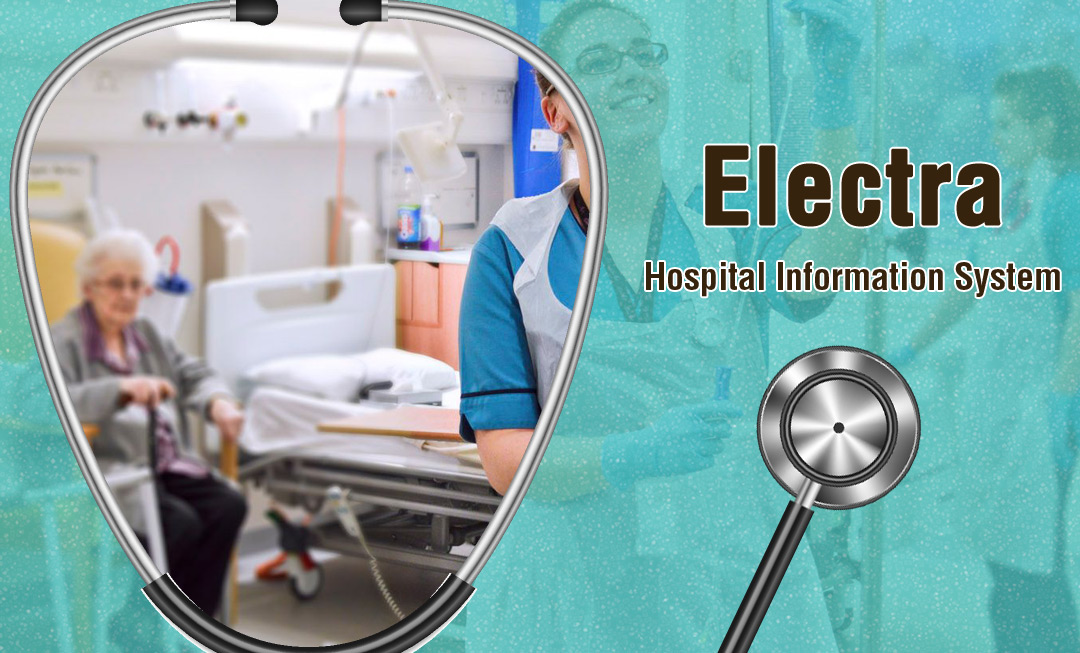
Hospital Information Systems are a computerized system that has the potential to "save lives." These systems can be used and configured in many different ways, and they are often implemented by hospitals of all sizes. Learn more about what these systems do, who they help, and how the implementation might save your life!
What is an Hospital Information System?
An Hospital Information System (HIS) is a computerized system that stores and retrieves patient medical data. It also provides support for the management of hospital resources and staff.The HIS enables hospitals to store patient medical records in a secure, centralized database. This allows authorized personnel to access the records from anywhere in the world, which can help improve the quality of care. Additionally, the HIS can be used to track hospital resources and staff performance.
Implementing an HIS can be challenging, as it requires significant investment and coordination among different departments within a hospital. However, the potential benefits of an HIS make it a worthwhile endeavor for many hospitals.
How does a Hospital Information System Save Lives?
A Hospital Information System (HIS) is a comprehensive, integrated information system designed to manage all the clinical and administrative functions of a hospital. HIS systems are used in hospitals around the world to improve patient care, safety and satisfaction while also reducing costs.One of the most important ways that an HIS can save lives is by improving communication between different hospital departments. For example, if a patient is admitted to the emergency room with a heart attack, the ER doctor will need to quickly coordinate with the cardiology department to get the patient the proper treatment. An HIS can help streamline this process by providing a central database that all doctors can access. This way, everyone involved in the patient's care will be on the same page and can work together more effectively to save the patient's life.
Another way that an Hospital Management System can save lives is by providing better decision support for doctors. With all of the data that an HIS collects, it can provide valuable insights that doctors can use to make better decisions about diagnosis and treatment. For example, if a doctor sees that a certain medication is not working well for heart attack patients at their hospital, they may decide to switch to another medication that has been shown to be more effective. This kind of data-driven decision making can lead to better outcomes for patients and can ultimately save lives.
Why is the Hospital Information System so Important?
The Hospital Management System is a set of integrated software applications that manage all aspects of a hospital's operation, including medical records, patient admissions and discharge processes, laboratory and radiology results, and financial data.Hospital information systems are important because they provide a complete picture of a patient's care journey and support clinical decision-making. HIS systems help hospitals to improve patient safety, quality of care, and operational efficiency.